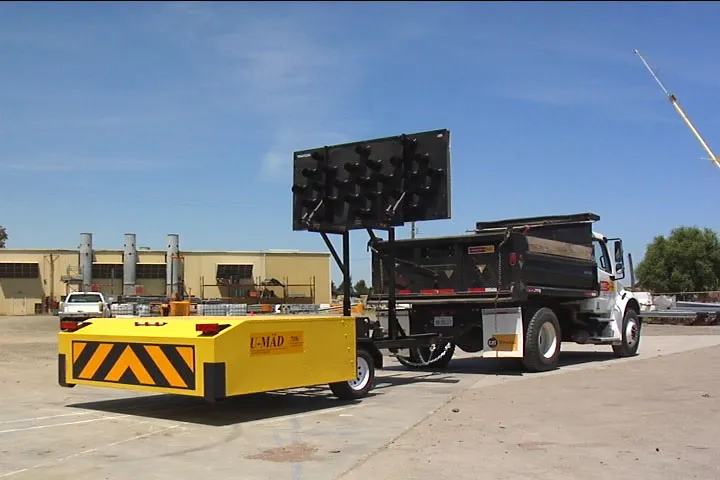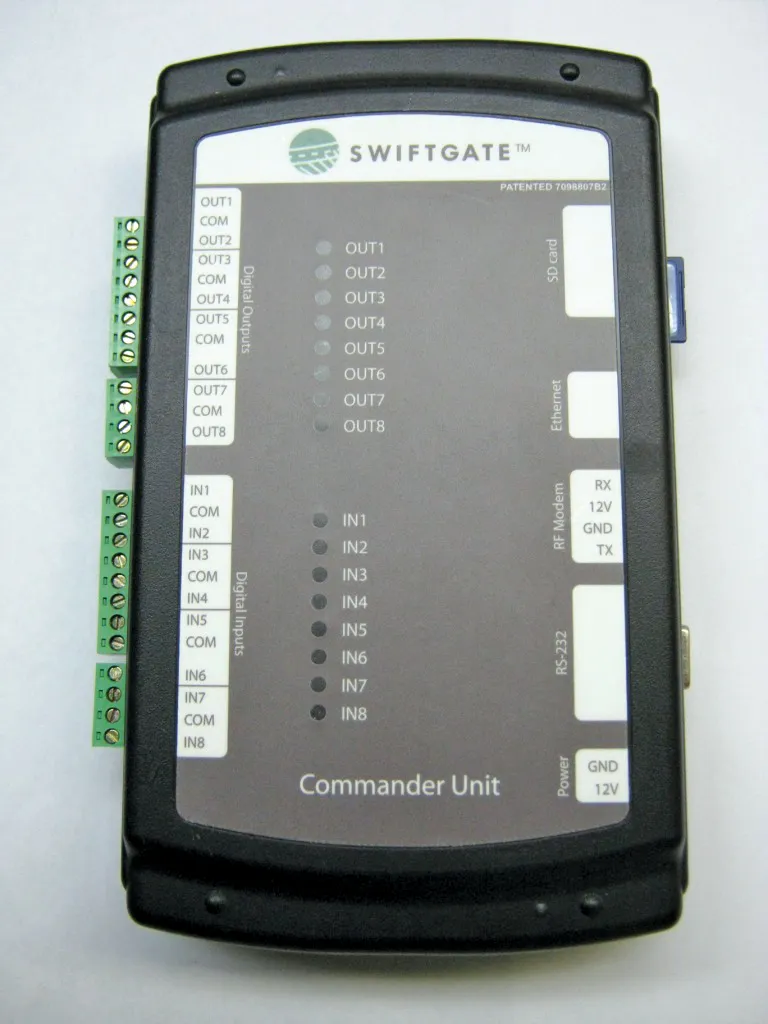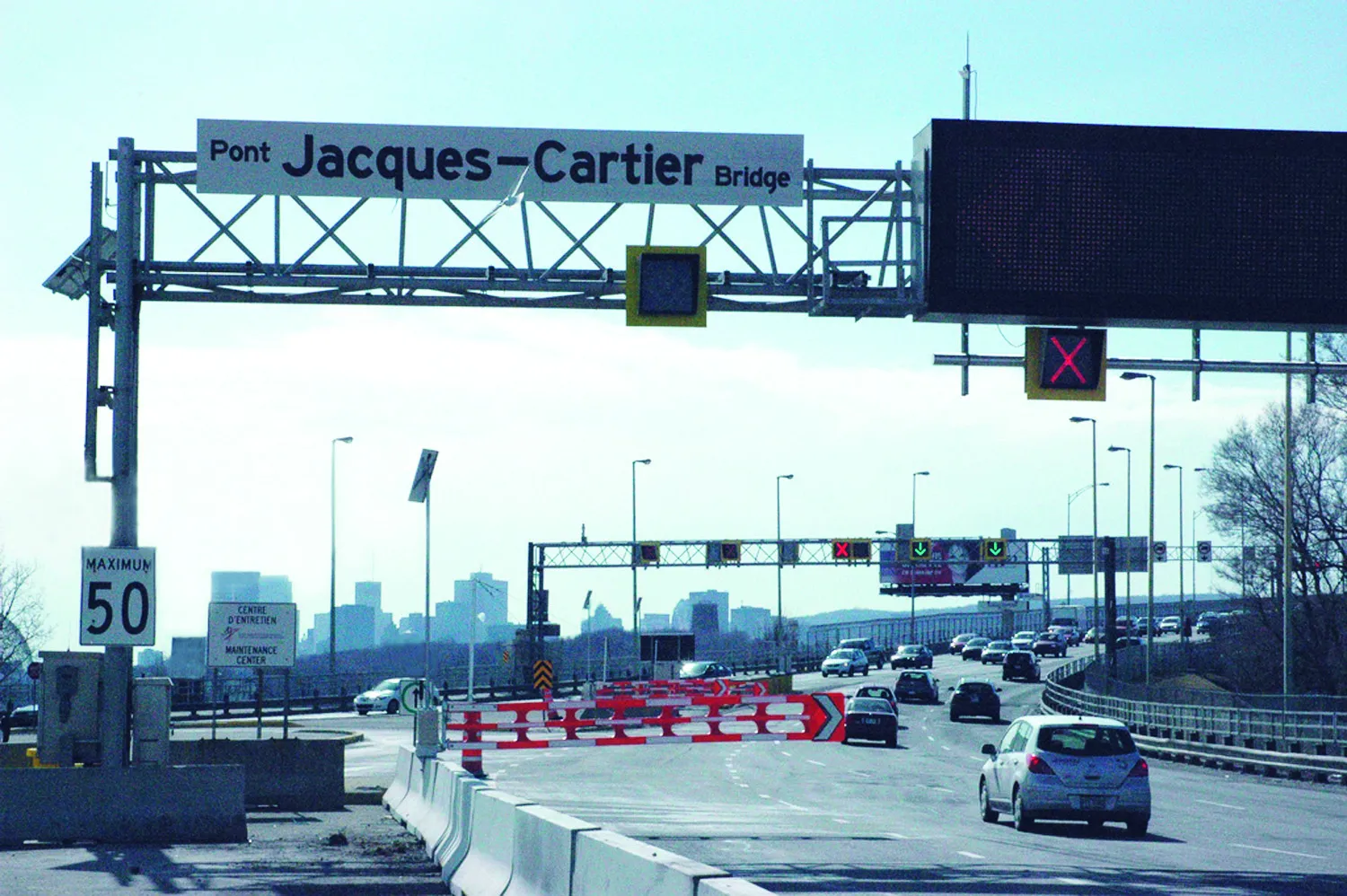Barrier Systems is extending its line with the introduction of its new U-MAD trailer-mounted attenuator (TMA). This uses the proven U-MAD technology and is intended to make work zones safer for highway maintenance personnel. These TMA units can be used to protect errant motorists who collide with slow moving or stationary shadow vehicles, improving safety for the motorist and the support vehicle operator, as well as shielding highway workers.
March 8, 2012
Read time: 2 mins

The U-MAD TMA is designed to keep the impacting vehicle and support vehicle in the travel lane, even when the crash occurs at an angle. The innovative design allows the U-MAD TMA to be re-used after impact by replacing the cartridge with an easy to install standard U-MAD, reducing costs for the user. The U-MAD TMAs quickly attach to a standard pintle hook, have been fully tested in accordance with
Both are said to offer high stability in angled and offset impacts, and provide effective containment of a vehicle to keep it from entering adjacent lanes during impact.







